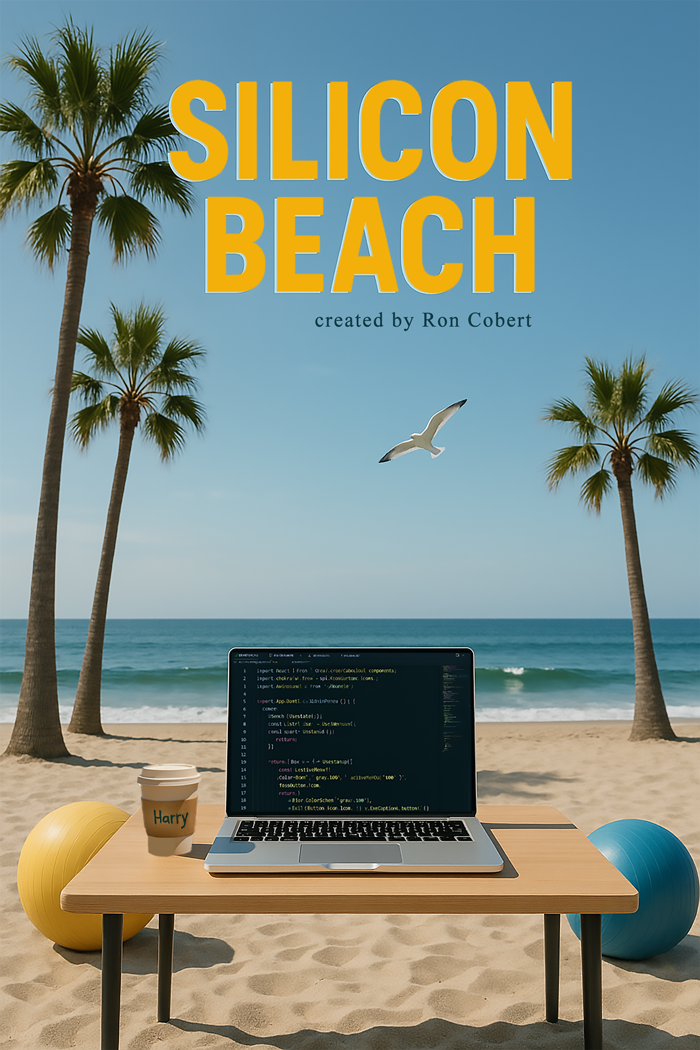Sunscope Music division of Sunscope Entertainment offers original music composition, scoring, and sound design services for film, television, advertising, and digital media. From theme development to final mix, our team crafts distinctive sonic identities tailored to your story, brand, or emotional tone.
We compose across genres — cinematic orchestral, soul, jazz, funk, electronic, ambient, and hybrid — blending live instrumentation with cutting-edge production. Whether you need a short commercial cue, a feature-length score, or custom music for branded content, we deliver ready-to-license masters optimized for any platform.
Services include:
- Original score and theme creation
- Custom cues and underscore for film, TV, and ads
- Music supervision and soundtrack development
- Sound design and post-mix integration
- Vocal arrangement, orchestration, and live session production
Deliverables:
Broadcast and theatrical mixes, stems, and master delivery for sync, streaming, or broadcast standards.













